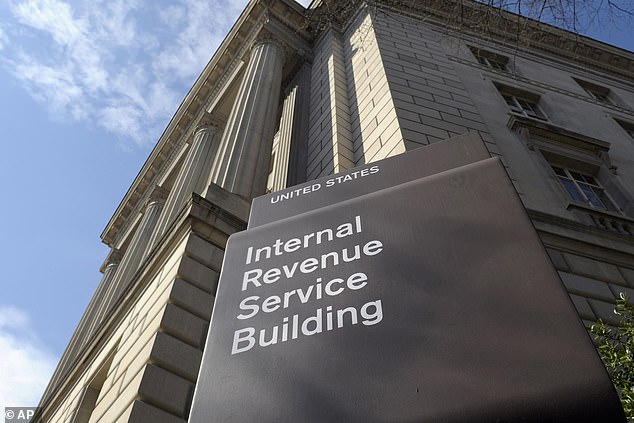- Tax was highest in Oregon, Maryland, Hawaii, California and Maine
- Florida, Nevada, Tennessee, Texas and Wyoming were among the most lenient
There's a big difference between earning $100,000 before and after tax - and in some states that gap is bigger than in others.
In Oregon , a worker would need an annual salary of more than $156,000 in order to take home $100,000 a year, or about $8,300 a month.
On the other end of the spectrum, in a handful of states, where there is no state income tax, a salary of just $137,000 would yield take-home pay of $100,000.
Residents of Florida , Nevada , New Hampshire , South Dakota , Tennessee , Texas , Washington and Wyoming will enjoy the most lenient taxation - coming home with 72.8 percent of their pre-tax pay.

Although Alaska technically also has no state income tax, some regions may impose their own taxes averaging a combined rate of less than 2 percent.
After Oregon, states with the highest taxes included Maryland, Hawaii , California and Maine - in at order.
Surprisingly, some 13 states impose higher taxes than New York, where earners would need to have an annual salary of about $149,500 to take home $100,000.
Considering all 50 states, the average required pre-tax salary was about $146,500 - Oklahoma and Colorado were both in that region.
The figures were published in a recent study by GOBankingRates , which considered the average federal income taxes and withholdings for Social Security and Medicare, as well as state and local taxes.
Read more
